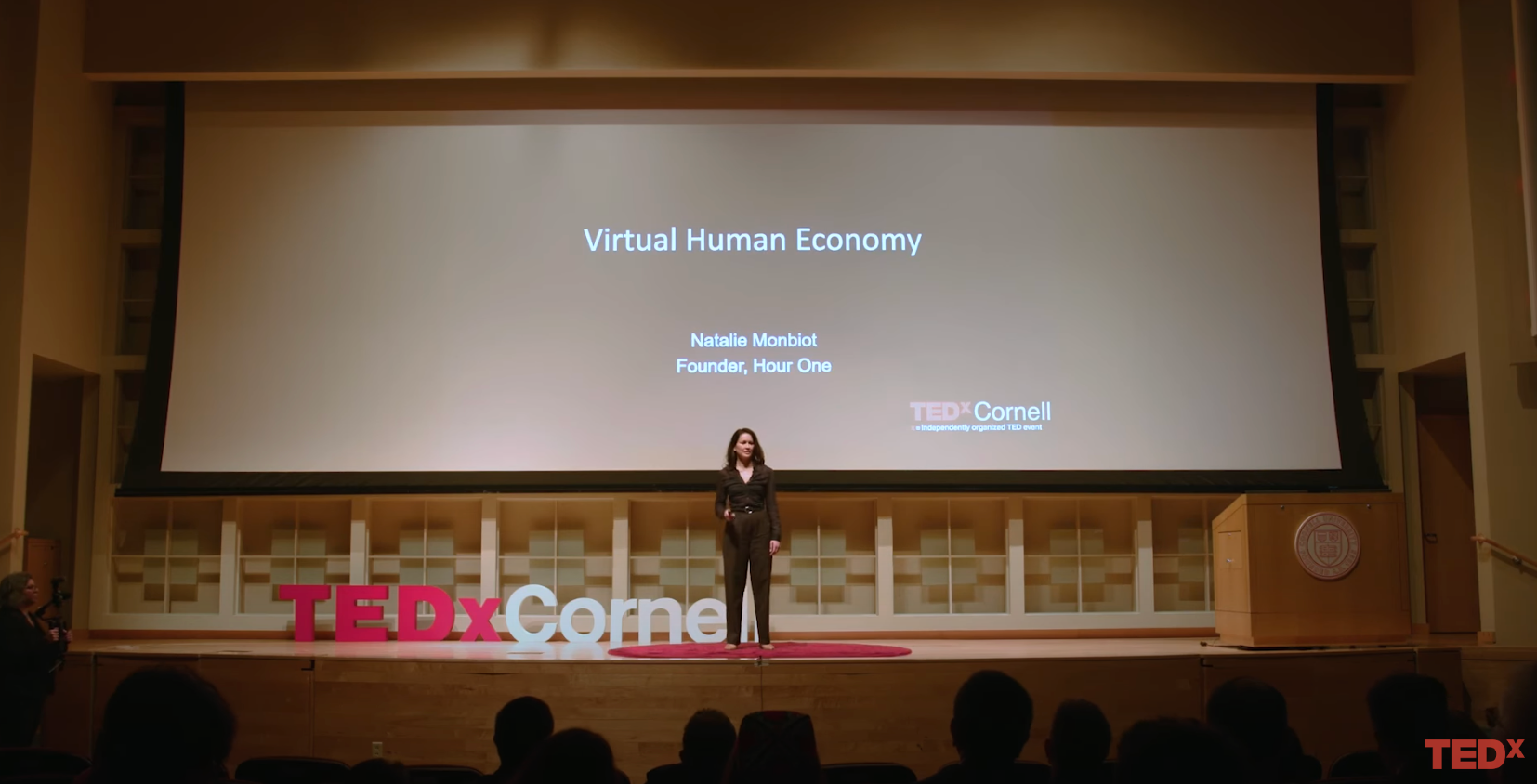The global artificial intelligence (AI) market is growing fast. In 2020, it was worth $65.48 billion and by 2030, it is projected to reach $158.2 trillion. A contributor to this growth is the HR industry, which has started to use AI technology in its processes. For instance, AI in HR can sort through applicants’ resumes and recommend the best-fitting candidates.
In line with this, there is now an increased demand for HR professionals with skills related to human resource management systems and other pieces of technology in the field—a demand that’s being met by colleges and universities. In fact, to meet this demand, modern HR programs are integrating technological processes, such as human capital management systems and information technology platforms, into their curriculums. With the next generation of HR professionals being much more tech-savvy, this is allowing the industry to rapidly evolve with the latest tech trends.
One other use of AI in HR is employee empowerment. After all, it’s their role to ensure that employees are productive, satisfied, and performing well. On that note, let’s take a look at a few ways HR professionals must be ready to use AI in empowering employees:
Gathering employee feedback
Employee wellbeing impacts their motivation, performance, and retention. In fact, 42% of employees were revealed to have their mental health negatively affected by a bad company culture. Fortunately, AI is helping HR address toxic work environments by collecting employee feedback.
Traditional feedback collection entailed the manual surveying and assessing of results by HR personnel. AI makes the process more efficient by gathering information and analyzing it so that it can turn subjective data into objective data. This makes it easier for HR to analyze, track, and therefore, implement changes in accordance with employee feedback. IBM Corporation is one company using AI today for employee surveys.
Making information easier to absorb
HR often needs to deliver informational content to employees. While this can be done through email, videos serve as a much more engaging method since they have a 95% information retention rate, compared to written text which only has a 10% retention rate. Our HR tech solution, Hour One, aids in this process.
Hour One is an AI video generator platform that instantaneously makes videos with realistic virtual presenters—as long as there is a script or text document to serve as a reference. Not only does this save HR time, but it also ensures that employees successfully understand and retain the information delivered to them.
Improving learning and development opportunities
Part of HR’s responsibility is to ensure that an employee’s skillset is in constant development so they will perform better and be more productive. AI in learning helps HR with this task by customizing employee learning and development opportunities. AI analyzes an employee’s areas of improvement and then tailors a specific learning method or curriculum for that individual. This ensures that the learning opportunities are effective.
One company already implementing AI this way is Health Canal, a medical news and research provider. Their Managing Editor notes that AI helps them provide insights into employees’ learning progress and helps them identify areas where they may need additional training.
Automating support services
Many HR professionals find it difficult to handle all their employees’ concerns at once. AI helps with this through automated help desks, allowing HR to keep employees satisfied and have their needs catered to at once. An automated help desk represents an HR department and attends to employees’ inquiries immediately. Using this, issues are solved immediately and if not, the software can alert an HR representative that human intervention is needed for the problem. Consumer electronics company Tile uses automated HR help desks for the benefit of their HR and employees.
AI is an integral part of human resource management, helping HR do its job of empowering employees. By collecting feedback, making information easier to absorb, automating services, and improving learning opportunities, HR more effectively serves its employees.








